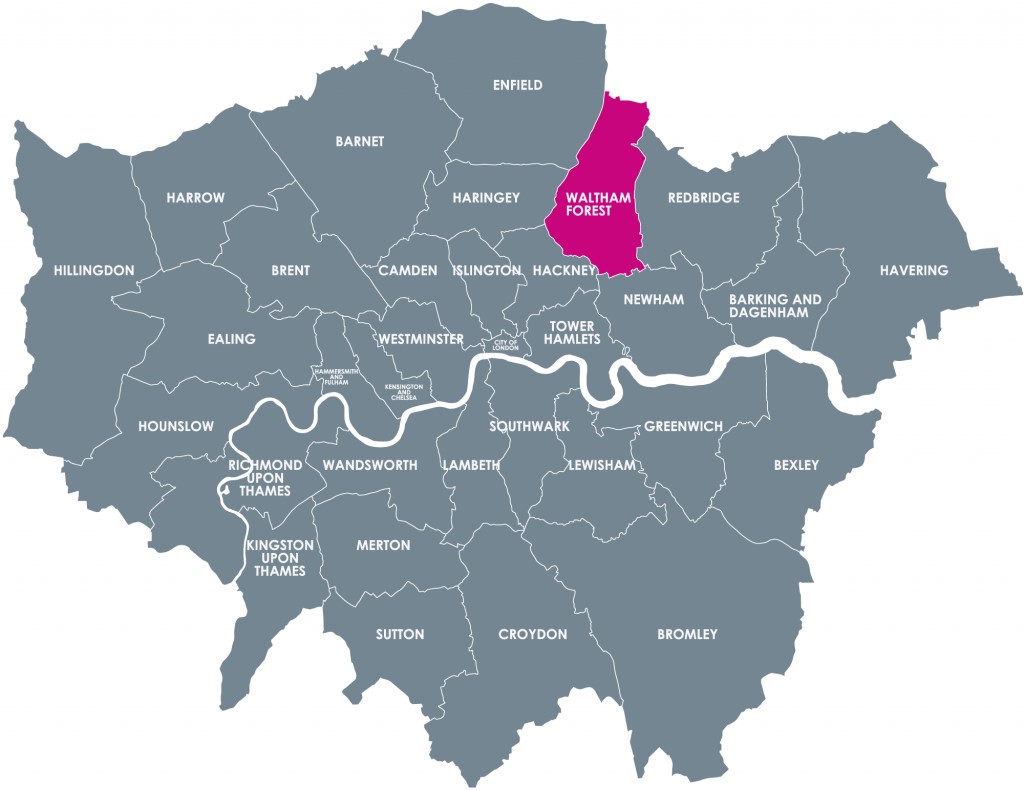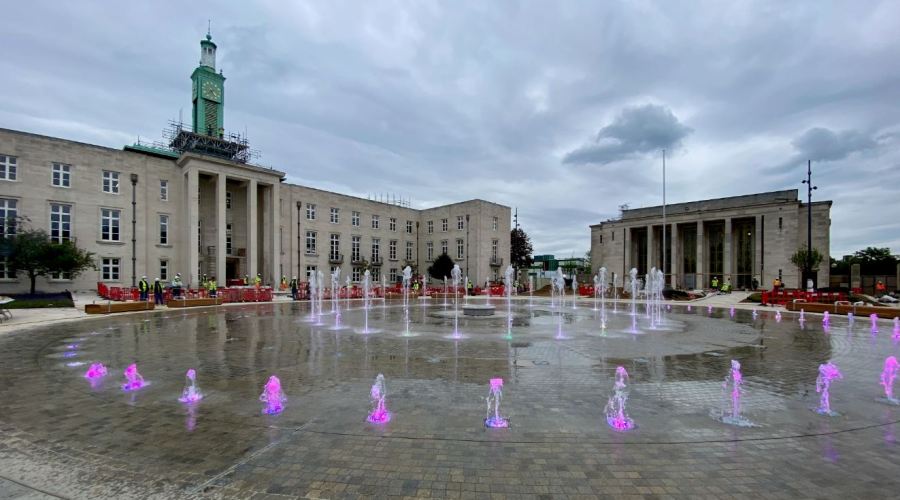The right of members to select their local government candidates is being usurped by a Labour First power grab reports Richard Price, (Leyton and Wanstead CLP and the London Borough of Waltham Forest).
[This article is taken, by permission, from the December 2021 issue of Labour Briefing (the original)- produced by the Labour Briefing Co-operative – www.labourbriefingcooperative.net]
It’s selection time in London’s 32 boroughs for next May’s council elections – a time when party members come together to stab each other in the back, powerful figures are allowed to rip up the Rule Book, and candidates struggle by occasionally fair but often foul means to climb the greasy pole. Whether the Labour right, organised mainly by Labour First/Labour to Win, could outdo its performance four years ago has been answered decisively – “yes we can”.
Many of its tactics are straight out of the Trump playbook. Voter suppression was key last time round, with freeze dates manipulated to exclude as much as half the membership. Then there was candidate suppression, with many boroughs having barely more candidates on their panels than seats to be contested. Most Labour groups were content to eliminate contests as much as possible and return the right-wing majority status quo, even if that meant letting a few left wingers through.
This time round, trigger ballots have gone, but that has meant even more emphasis on banging out people at the interview stage. Like Stalin’s purges, it’s not just a question of actual opponents, but of potential opponents too, whether they are community leaders with a following among other councillors, or socialists likely to be selected. So assessment teams are in many areas usurping the function of members in selecting who their representatives should be.
Robotic uniformity
Many potential candidates have been failed for “lacking political judgement”. This has been interpreted as having any disagreements with any policy, national or local, past or present; or being at all critical of the present party leadership (even though many of those doing the interviewing used their social media to vociferously attack Jeremy Corbyn when he was Leader). These are levels of robotic uniformity more associated with North Korea than the Labour Party. Harold Wilson, who won four general elections, said the party needs two wings to fly. Labour First is content for the party to spiral out of control on one wing.
Another favourite reason for failing applicants has been that they have been unable to distinguish between the role of a Labour council from a Tory council – pretty rich you might think from the wing of the party that gave us massive stock transfers of council housing and the privatisation of core services.

Still more sinister have been some of the tactics used. Like photo shopping pictures to make it appear that the person is in league with non-Labour left groups. Like getting branch secretaries to rubbish the records of members who have campaigned in every election for decades. Rather than a fair assessment of the candidate’s campaigning record over the past four years, assessment teams have focussed narrowly on the use of dialogue – the telephone canvassing software – mainly used for a short period to no great effect during the mayoral election in the midst of the pandemic.
And if that wasn’t bad enough, there are stories of candidates receiving cancer treatment or whose partner died during the pandemic being harangued for insufficient campaigning. The joke is that in right wing CLPs, campaigning involving anything other than door-knocking or turning up for an MP’s photoshoot is positively discouraged.
Diversity?
Also deeply troubling are reports of the high proportion of Muslim candidates failing interviews – this despite the additional duties placed on Local Campaign Forums to “increase the number of candidates and councillors who reflect the full diversity of our society in terms of gender, race, sexual orientation and disability, and to increase working class representation”.
This, of course, is for the birds. Labour groups across London have far more landlords than council tenants; far more middle and senior managers than active trade unionists; and are composed of people who are on average better off than the communities they serve.
It might seem reasonable to quiz potential candidates on their commitment to Labour values – except hardly anywhere are these defined. Labour local government manifestoes typically talk about safer neighbourhoods, cleaner streets, more police and vague references to cohesive communities – “values” shared in common with the Tories and the Lib Dems. More than that you might find references to abstract nouns like fairness, equality of opportunity, respect for diversity, etc – all values trashed in the course of this selection round.
One thing’s for sure: Labour’s local government selection process is not fit for purpose and needs root and branch reform.



